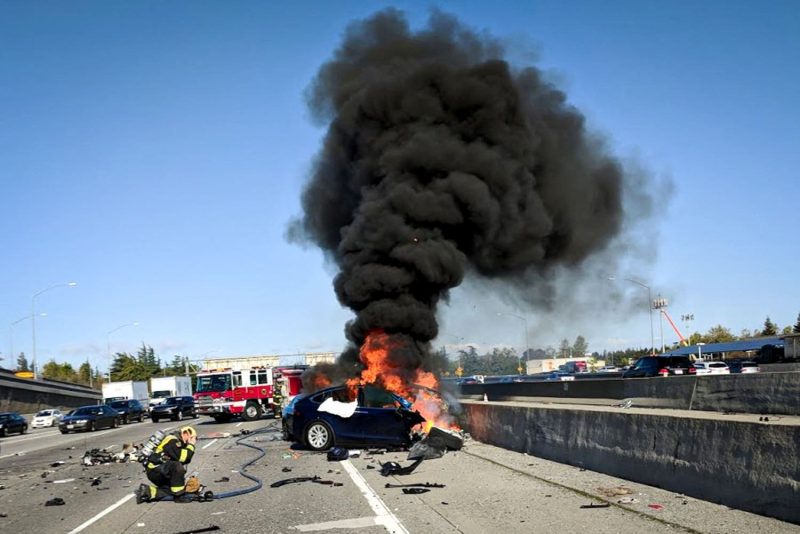Tesla Settles Lawsuit Over Autopilot Crash That Killed Apple Engineer
The recent settlement of the lawsuit over the tragic autopilot crash that resulted in the death of an Apple engineer has garnered significant attention in the technology and automotive industries. The case, which brought into question the safety and reliability of Tesla’s autopilot system, has raised important concerns about the implementation of autonomous driving technologies.
The incident, which occurred in March 2018, involved the Tesla Model X equipped with the autopilot system. The vehicle was being driven by Walter Huang, an Apple engineer, who tragically lost his life when the car collided with a concrete highway barrier. The crash led to a lawsuit filed by Huang’s family, alleging that the autopilot system was defective and that Tesla had been negligent in its design and implementation.
Tesla has consistently defended its autopilot system, touting it as a significant advancement in automotive safety technology. However, the lawsuit brought to light several issues related to the system’s limitations and the need for greater oversight and regulation of autonomous driving features.
As part of the settlement, Tesla agreed to compensate Huang’s family for their loss and to make certain changes to the autopilot system to enhance its safety features. Additionally, Tesla committed to improving training and oversight for drivers using the autopilot system to prevent similar accidents from occurring in the future.
The settlement serves as a reminder of the critical importance of safety in the development and deployment of autonomous driving technologies. While these systems have the potential to revolutionize the automotive industry and increase road safety, incidents like the one involving Walter Huang highlight the need for continued vigilance and scrutiny.
In the aftermath of the lawsuit, Tesla has reaffirmed its commitment to advancing autonomous driving technologies while emphasizing the need for responsible and safe implementation. The company has stated that it will continue to work on improving its autopilot system and addressing any issues that may compromise the safety of its vehicles and drivers.
The resolution of this lawsuit marks an important step forward in the ongoing debate surrounding autonomous driving technologies. It underscores the complex ethical and legal implications of integrating AI-driven systems into everyday life and highlights the necessity of clear guidelines and regulations to ensure their safe and effective use.
Moving forward, it is crucial for both automakers and regulators to work collaboratively to establish comprehensive standards for the development and deployment of autonomous driving technologies. By learning from tragic incidents like the one involving Walter Huang and implementing necessary safeguards, the industry can pave the way for a future where autonomous vehicles offer enhanced safety and convenience for all road users.
In conclusion, the settlement of the lawsuit over the autopilot crash that claimed the life of an Apple engineer serves as a somber reminder of the challenges and responsibilities associated with autonomous driving technologies. While the incident was a tragic loss, it has catalyzed important conversations and actions aimed at improving the safety and reliability of autonomous systems in the future.



























